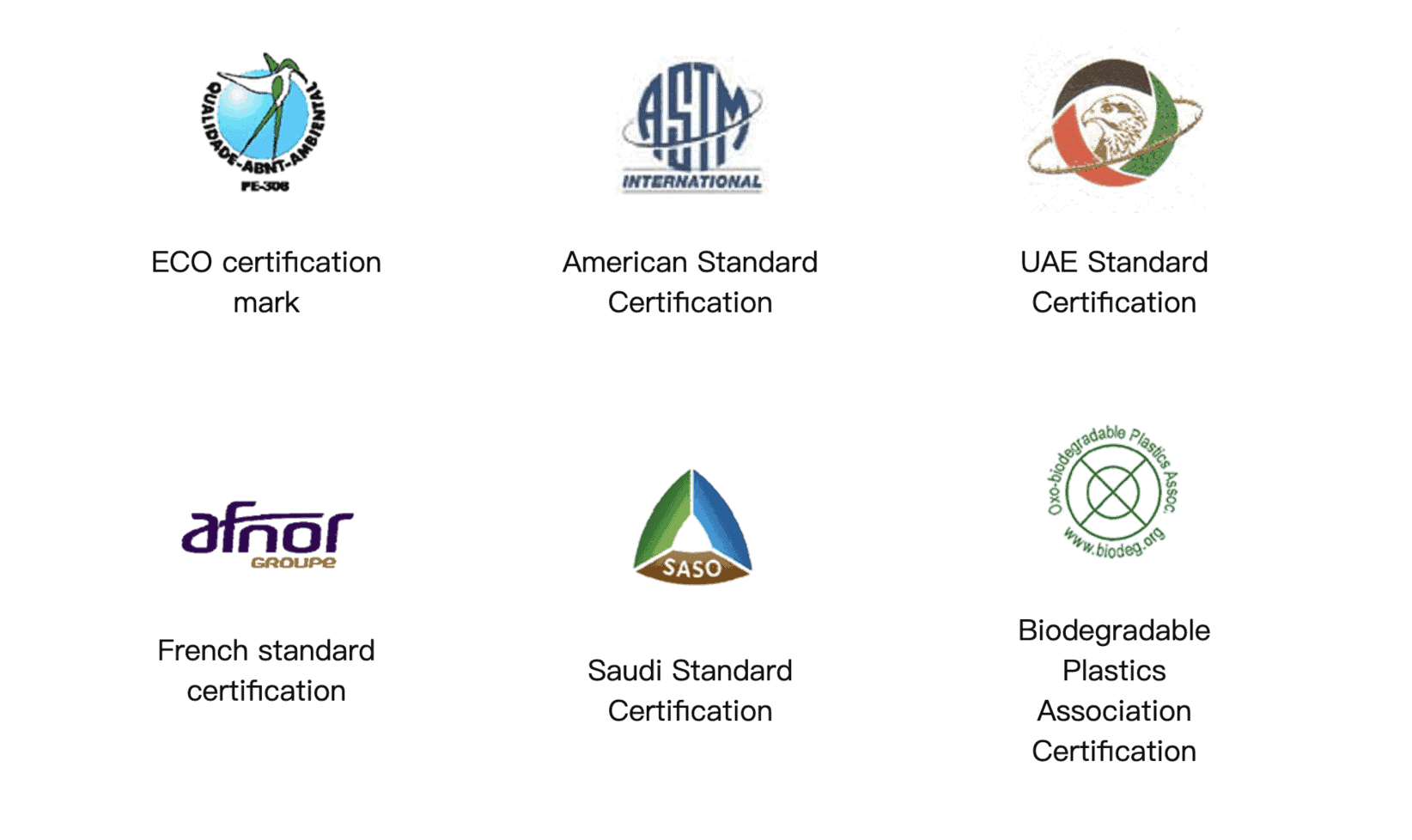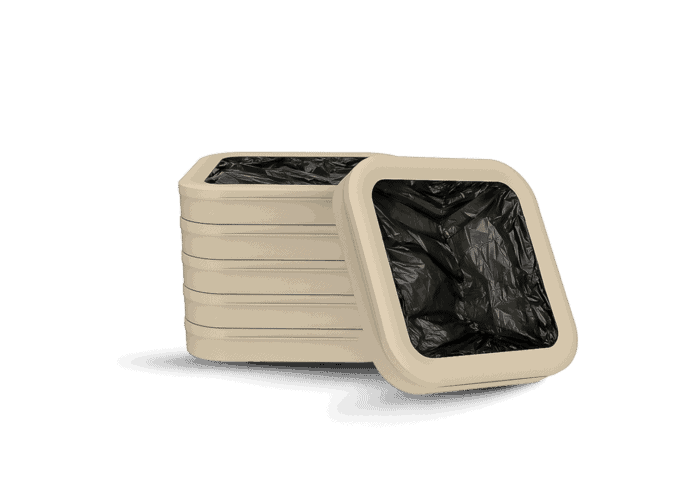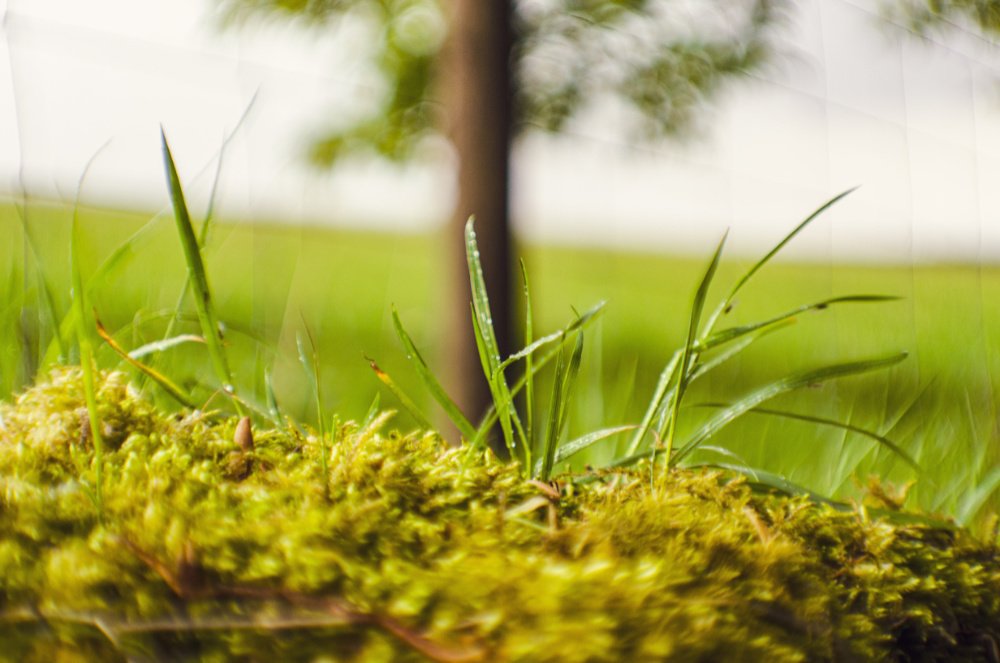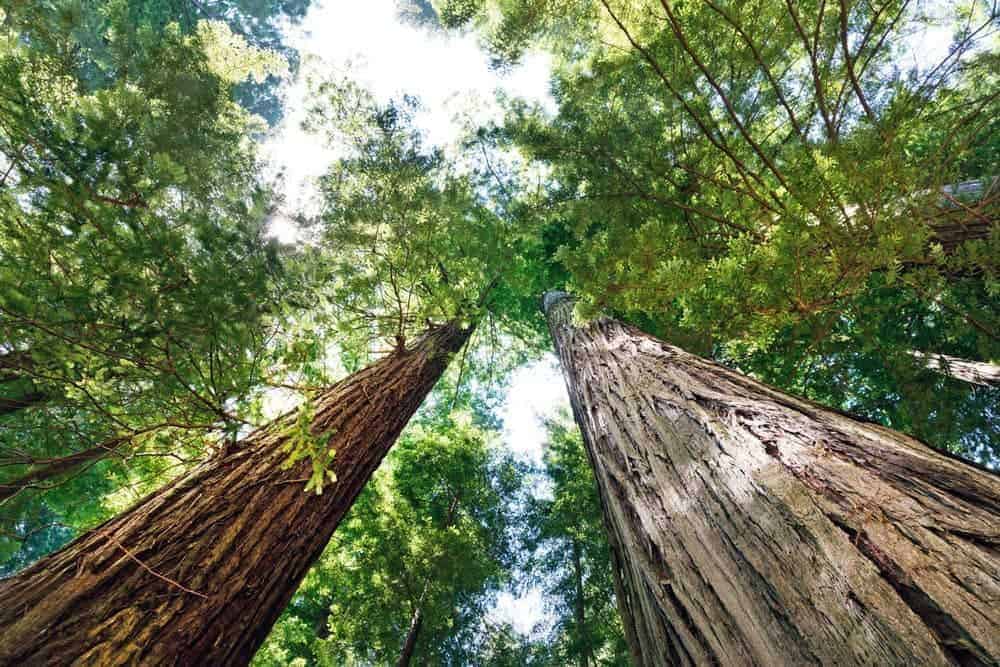Many companies throw around the adjective ‘biodegradable’ left and right, like something that will automatically prove that the product is sustainable and eco-friendly.
But it’s not a sticker for everyone. Let’s take a closer look and find out what makes a product biodegradable!
Standards for Biodegradable Plastics
Essentially if a product is biodegradable it means that it has no detrimental impact on composting, agriculture, or soil. It also means that it is compostable. There are three scientifically defined factors in satisfactory composting:
- proper disintegration during composting;
- adequate level of inherent biodegradation;
- no adverse impacts on the ability of composts to support plant growth.
These are the standard for biodegradability, according to ASTM, an international organization that is an expert in developing global standards.
What biodegradable plastics are made from?
In contrast to the old plastics, which are made of petroleum, biodegradable plastics are made of natural plants. This is why we can compost them.
Since they don’t require petroleum or its derivatives, biodegradable plastics are able to reduce the fossil fuel demand. However, it won’t necessarily mean it will decompose in any landfill, in most cases it requires industrial composting.
This is why it’s a good thing if you collect waste separately!
Is Townew biodegradable?
The answer has two parts. The Townew trash can itself is not biodegradable. But the biodegradable refill ring and the trash bags that come with it, yes they are.
How are the above-mentioned criteria being met in the case of Townew?
The refill rings and trash bags are made from HDPE polyethylene and biodegradation technology.
The rings can quickly and completely decompose into carbon dioxide and water under the combined action of oxygen, light, and microorganisms.
This makes the refill rings and trash bags 100% biodegradable.
What are the proofs that Townew
meets the international standards?
The proof is the approving stamps of such high-respected organizations in this field of expertise:
- ECO certification mark
- American Standard Certification
- UAE Standard Certification
- French Standard Certification
- Saudi Standard Certification
- Biodegradable Plastics Association Certification
- Testing results from Symphony Laboratory

How can I make sure that
I order the biodegradable refill rings
and trash bags?

The first thing to make sure when you check out is the name of the product, make sure it has “biodegradable” in it.
The other telltale sign is the differentiating color because the regular refill rings are white, while the biodegradable ones are Oak color.
This is also a nod to Mother Nature and the great outdoors.
Why is biodegradable important
to the environment?
Maybe you’ve already heard this thought: we do not inherit the earth from our ancestors; we borrow it from our children.
This means that we, as responsible human beings better not just focus on our present and our own current needs, but also the future and the needs of our successors and the planet.
Earth’s resources are definitely finite, and at some point we have to realise that we are also heavily exploiting them.
We want to impact the Earth and its resources in a way that is respectful and takes only as much as we need, not more.
Take care of it and make sure that the next generations are also able to live in and enjoy nature and its resources.
Are there any cons to biodegradable plastics?
In a way there is: it may reinforce the “throw away” mindset, because biodegradables may encourage the usage of disposable products instead of reusables.
Another con is that many biodegradable plastics require industrial composting which is not available in every community.
It means that it won’t break down in any landfill, it needs a special technology.
What are other common examples
of biodegradable plastics?
You’ve sure met these in your regular day-to-day because many companies already use them,
especially in the hospitality industry, where it’s already regulated by national policies.
For example:
- many single use beer cups are made of corn
- single use coffee cups are usually made from forest paperboard
- packaging, like cardboard boxes or takeaway food boxes

